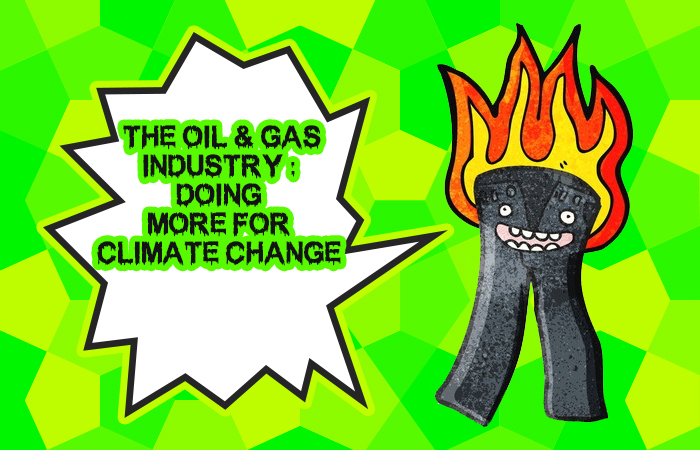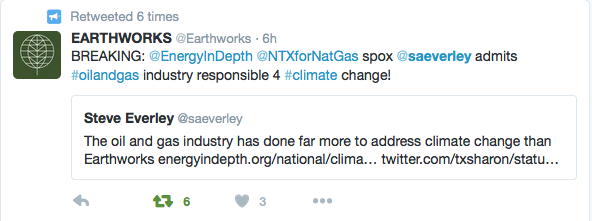
Global temperatures and greenhouses have hit new highs according to “the latest analysis of observations from the WMO Global Atmosphere Watch (GAW).”
2014 averaged mole fractions and percent increase of pre-industrial levels of long-lived greenhouse gases (LLGHG):
- carbon dioxide (CO2), 397.7 ppm, a 143% increase.
- methane (CH4), 1833 ppb, a 254% increase. (See: It’s still the methane stupid)
- nitrous oxide (N2O) 327.1 ppb, a 121% increase.
Reuters reports that CO2 levels hit record high for 30th year in a row and methane and nitrous oxide “rose at the fastest rate for a decade.”
Another factor HUGE in warming the earth is water vapor.
…water vapor and clouds globally lead to an increase in thermal energy that is about three times that of long-lived greenhouse gases. Global Atmosphere Watch
As the Earth gets hotter, more water vapor is created and more water vapor traps more heat which makes the earth hotter.
The WMO also warned that the rising Earth surface temperature caused by these record CO2 concentrations created a vicious circle when it comes to water vapour. Higher temperatures lead to more atmospheric water vapour, which in turn traps even more heat. Guardian
In an effort to divert our attention away from fracking’s role in climate change and these water use concerns,
- groundwater deficit,
- environmental impact from intense local water withdrawals and
- water withdrawals for fracking are no longer a part of the active hydrologic cycle,
 …the fracking industry shot itself in the foot with this fact:
…the fracking industry shot itself in the foot with this fact:
Turning Natural Gas Into Water: Hydraulic Fracturing Doesn’t Deplete Water Supplies
the combustion of natural gas yields water vapor that goes into the atmosphere, and lots of it.
Of course, things are not exactly how they depict them.
Combustion of natural gas does create water vapor which may or may not translate into rain. And, if it does translate into rain, that rain may happen somewhere far from where the water withdrawals occurred.
Combustion of natural gas also creates carbon dioxide and allows massive leaks of methane both of which are LLGHG.
Let’s recap:
- Fossil fuel combustion creates CO2
- CO2 warms the planet
- Fracking to produce fossil fuels allows massive leaking of methane into the atmosphere.
- Methane warms the planet 86 X more than CO2 (20 yr. time-frame).
- Methane and CO2 are LLGHG.
- Fossil Fuel combustion also creates water vapor
- Water vapor warms the planet 3 X more than CO2 or methane.
And so, I must agree with Steve Everley’s tweet from today:
About Sharon Wilson
Sharon Wilson is considered a leading citizen expert on the impacts of shale oil and gas extraction. She is the go-to person whether it’s top EPA officials from D.C., national and international news networks, or residents facing the shock of eminent domain and the devastating environmental effects of natural gas development in their backyards.
- Web |
- More Posts(5121)

Good information. In addition to the above, our drilling for, production, transmission and eventual burning of natural gas is increasing our air volume, (increasing air density). This increase is adding to the already defined adverse climate changes.
Bingo.
Stan Scobie, Binghamton, NY